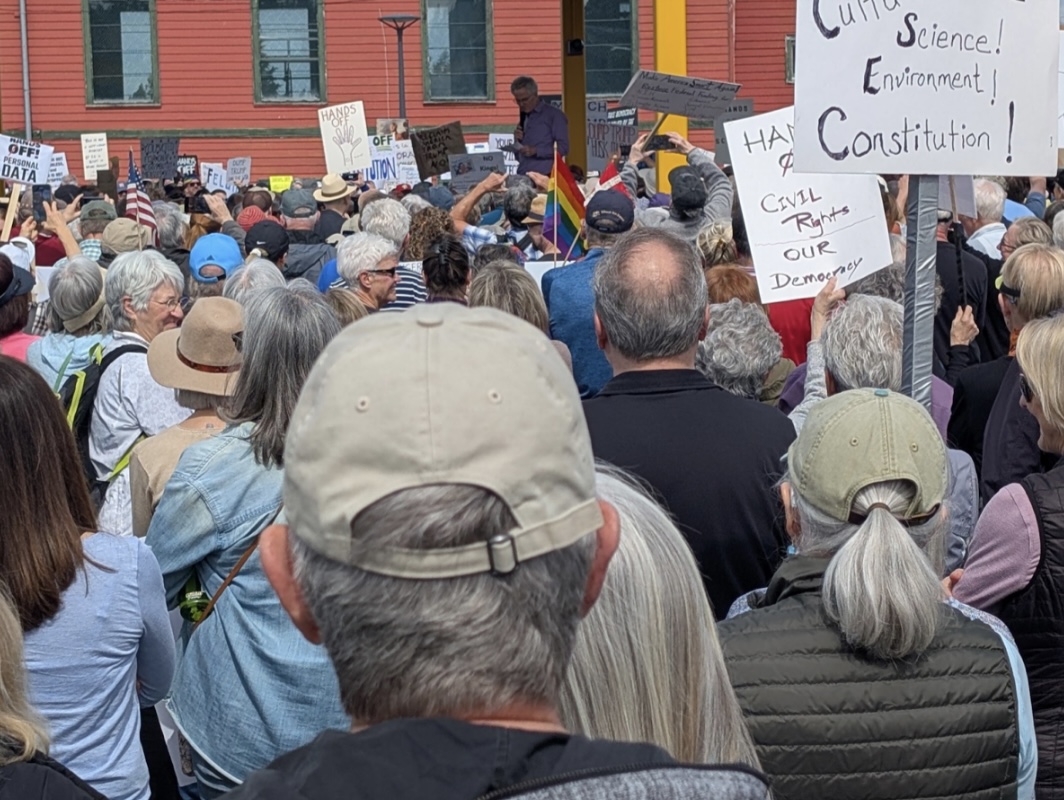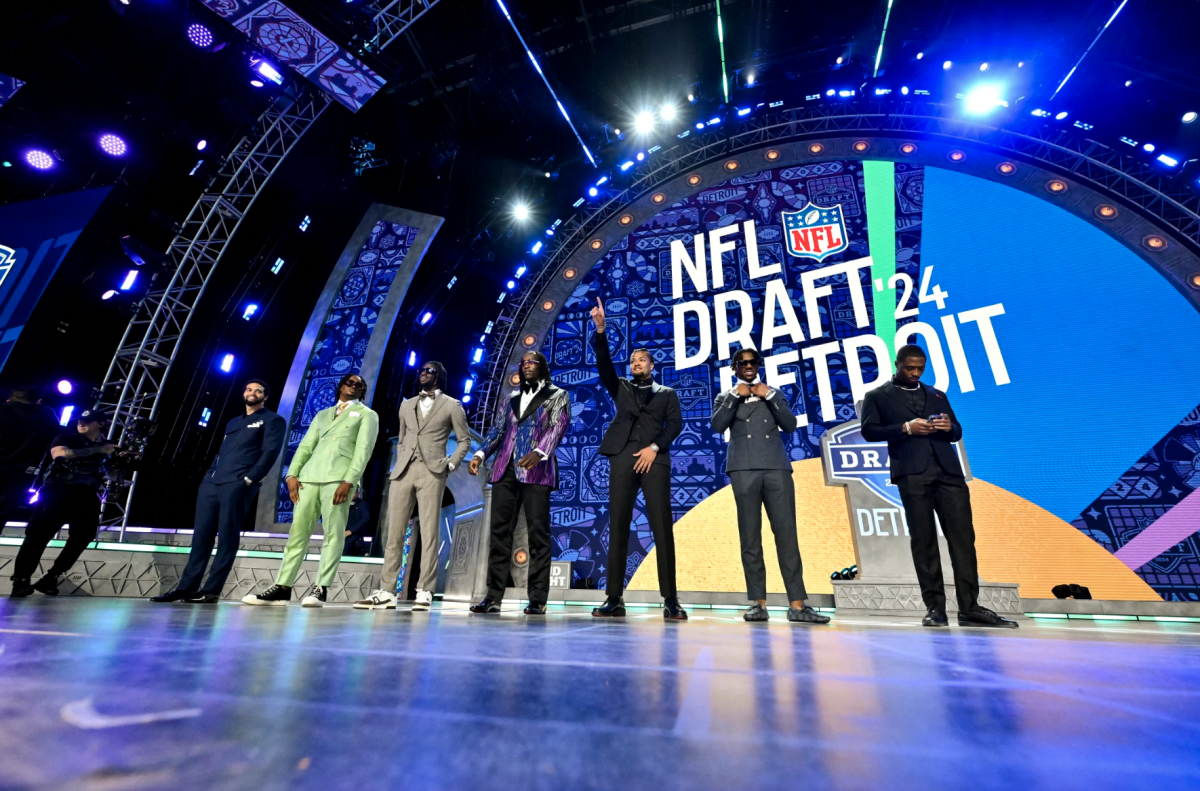The Dangers of ‘Nextdoor’
Communities are meant to bring us together, but sometimes having a platform can bring out the worst in people.
In 1960, an episode of the classic science-fiction anthology “The Twilight Zone” brought this concept to life. It was called “The Monsters Are Due on Maple Street,” and it displayed the universal dangers of prejudice on a local level.
The scene is set: It’s a sunny afternoon, and all is well on Maple Street — the story’s fictional neighborhood that personifies mid-century Americana.
Residents are enjoying the outdoors when their bliss is interrupted by a strange glow in the sky followed by the loss of electrical power — a meteor, they decide.
As they gather in the street to discuss their petty inconveniences, the situation seems innocent enough until their confusion sparks paranoia, and conditions escalate until friends are suspecting one another of being other-wordly threats.
By nightfall the neighborhood has turned on itself. Everyone is a suspect. When one of their fellow neighbors returns from checking on the power around the block, he is shot dead. The electricity returns, and violent fighting ensues.
A suburban dream has turned into a neighborhood nightmare. But what if your own community was on the brink of a similar fate?
Close to Home
From its winding streets that border ultra-exclusive properties to the pre-war homes that require a bit of upkeep, my own neighborhood — just a five-minute drive from campus — is a lot like Maple Street.
Although we may not know each other by name, a friendly air exists between neighbors that seems to suggest we’d like to know one another better if only there were a means to do so — which is likely why the Facebook-esque site “Nextdoor” seemed like an appealing answer when it launched in 2011.
Its website dubs it “the private social network for your neighborhood.” However, its well-meaning intentions often turn dangerous through its opportunities for positive reinforcement.
Instead of Facebook’s “Like” button, Nextdoor allows one to “Thank,” a response perhaps originally designed to politely acknowledge notices of found cats or upcoming block parties. Unfortunately, it also makes people accustomed to recognition for their harshly-worded opinions within negative, anger-fueled threads, thus producing more of them.
This pattern is most commonly seen when Nextdoor users stray off-topic to gripe about subjects such as homelessness — the unspoken irony being that these users are fortunate enough to have a home at all. If the post is popular enough, people are rewarded by having their content featured as “top post:” an honor usually reserved for the most discussion-sparking threads.
Sometimes, these posts are compiled and sent to users via email from a source labeled “Nextdoor Digest,” implying that the posts aren’t intended solely for well-being, but also for entertainment — regardless of their content.
Unlike other social media platforms which strive to connect people from across the world with a certain degree of anonymity, Nextdoor serves to connect you with names and faces from around the block. But when users begin seeking nothing more than a virtual pat-on-the-back, these neighborly posts can quickly turn into fear-mongering.
Prejudice in Motion
Nextdoor is all well and good if you’re trying to sell garden furniture or looking for someone to help you with yard work, but a harsher reality is revealed when you realize that a number of complaints are directed at minorities.
When a group of locals are fearfully “watching out” for people who match a loosely-worded stereotype it frames innocent parties and the neighborhood is no longer for everybody.
One recent post illustrates this point perfectly:
Not only did the user make sure to denote the teenagers’ non-white ethnicity, but as the comments rolled in, one person went as far as hypothesizing that the group were committing non-existent crimes:
What followed was a remark fueled purely by assumption targeted at Compass Housing, a new apartment complex for low-income citizens:
Before long, a user was expressing their disdain for the community as a whole:
Just like in “Maple Street,” paranoia ended up triggering a snowball effect of assumption, blame and hatred.
From the ample use of “they” to denote a demographic other than their own to the smiling seals of approval on each comment, these users illustrate how quickly Nextdoor can turn into a harmful platform for prejudice.
Ending the Fear
The “Twilight Zone” episode is fictional and wraps up neatly with one of the clever twist endings that the show is famous for. But what if we weren’t far from fiction?
In “Maple Street,” we learn that the monsters are the neighbors themselves — a stark reminder that it’s up to us to make sure this doesn’t become a reality.
“There are weapons that are simply thoughts, attitudes, prejudices,” the episode’s closing narration states.
“For the record, prejudices can kill and suspicion can destroy.”








